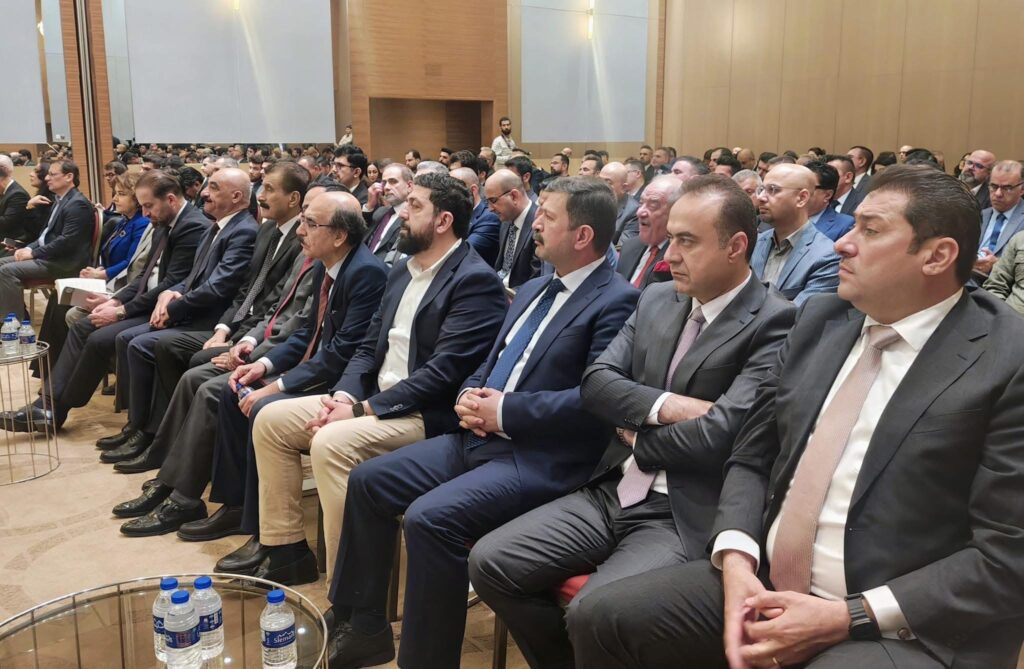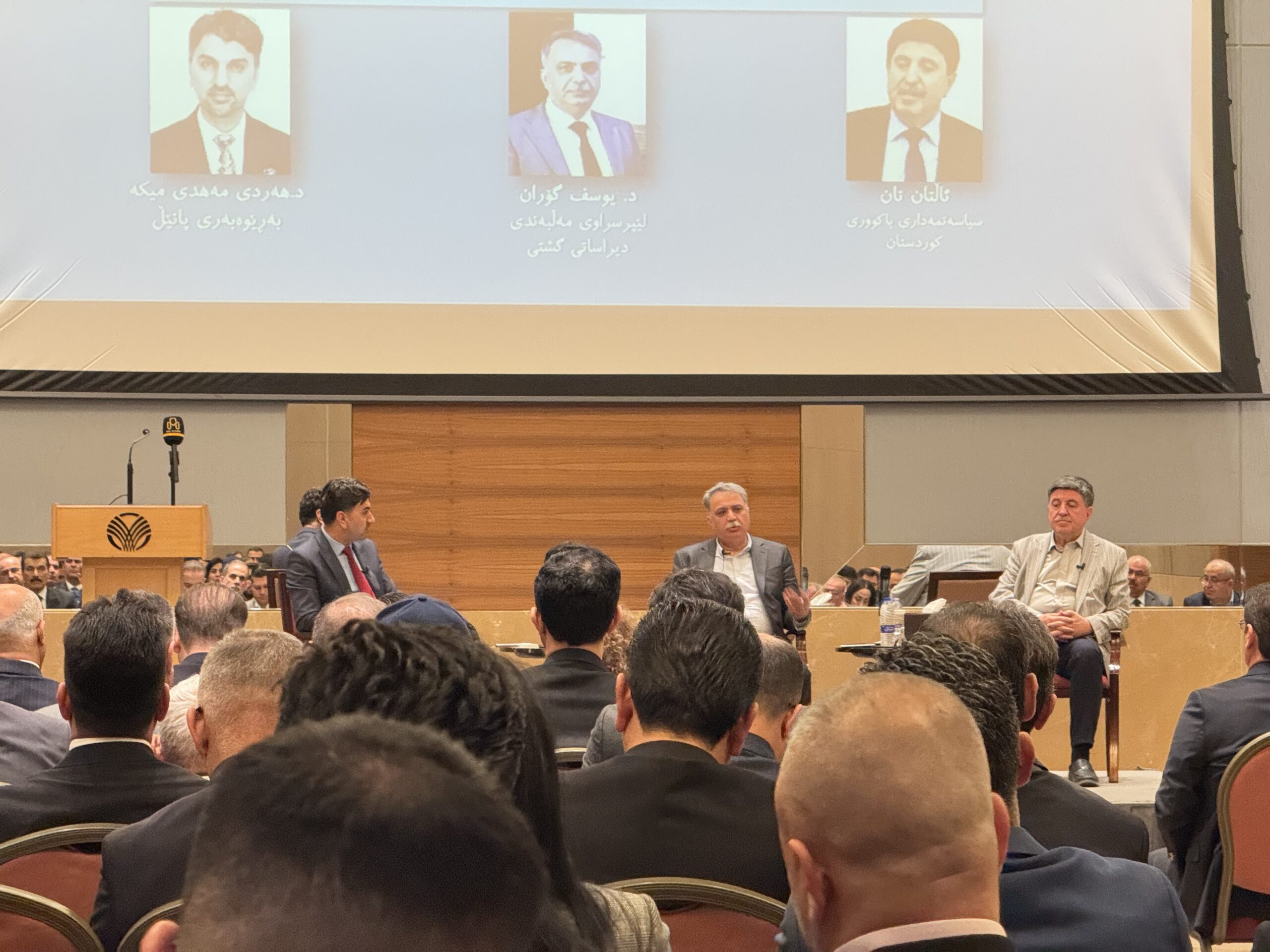In a forward-looking policy discussion held Thursday morning in Sulaymaniyah, experts gathered to analyze recent geopolitical shifts across the Middle East and their implications for Kurdistan. The forum, jointly organized by the Center for General Studies and Center for Future Studies, brought together high-ranking officials, researchers, and academics to discuss Syria’s situation, developments in Western Kurdistan, Turkey’s peace process, and US-Iran negotiations—all through the lens of how these regional transformations might reshape Kurdistan’s future.
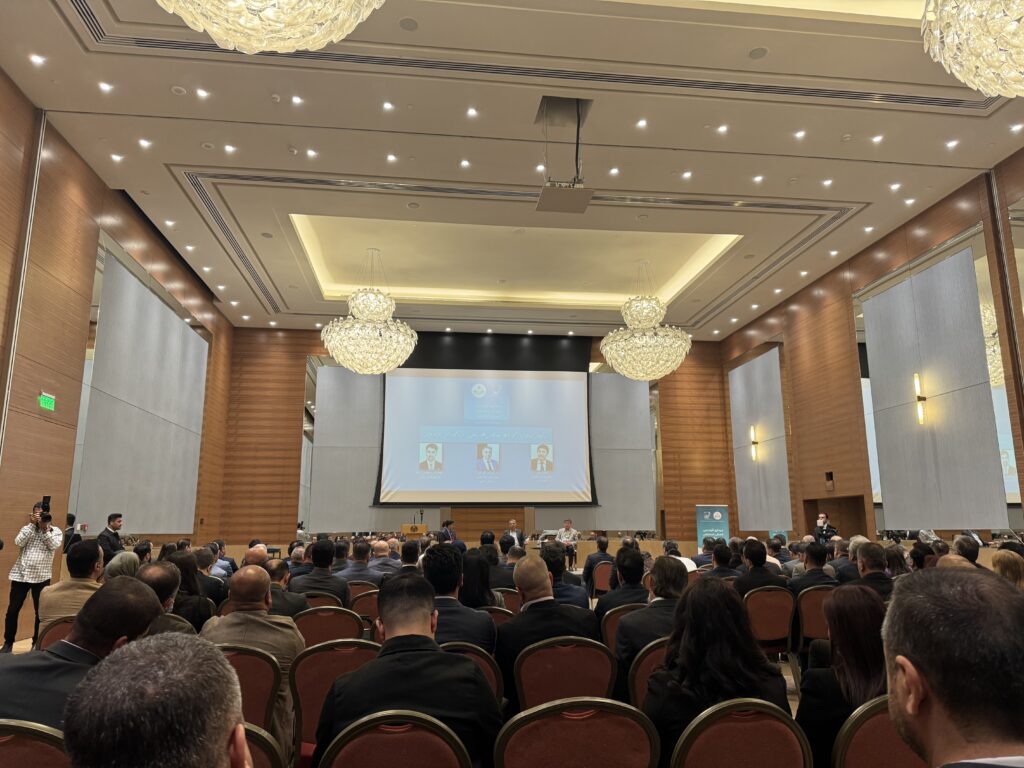
Expert Analysis and Institutional Collaboration
The forum opened with a welcome address by Professor Dr. Omid Rafiq Fattah from the Center for Future Studies, who outlined the ongoing research work of both organizing centers. He highlighted their publications and journals while welcoming the assembled dignitaries and academics.
The gathering featured impressive participation from across the political and academic spectrum in Kurdistan, with dozens of high-ranking party and government officials joining university professors and researchers in the discussions. This broad attendance underscored the significance of the topics being addressed and the growing importance of forward-looking policy analysis in Kurdish political discourse.
The collaborative nature of the event demonstrated the increasing institutionalization of policy research in Kurdistan, with both centers positioning themselves as important contributors to the region’s strategic thinking. By bringing together diverse perspectives, the organizers created a platform for substantive debate about Kurdistan’s place in a rapidly changing regional environment.
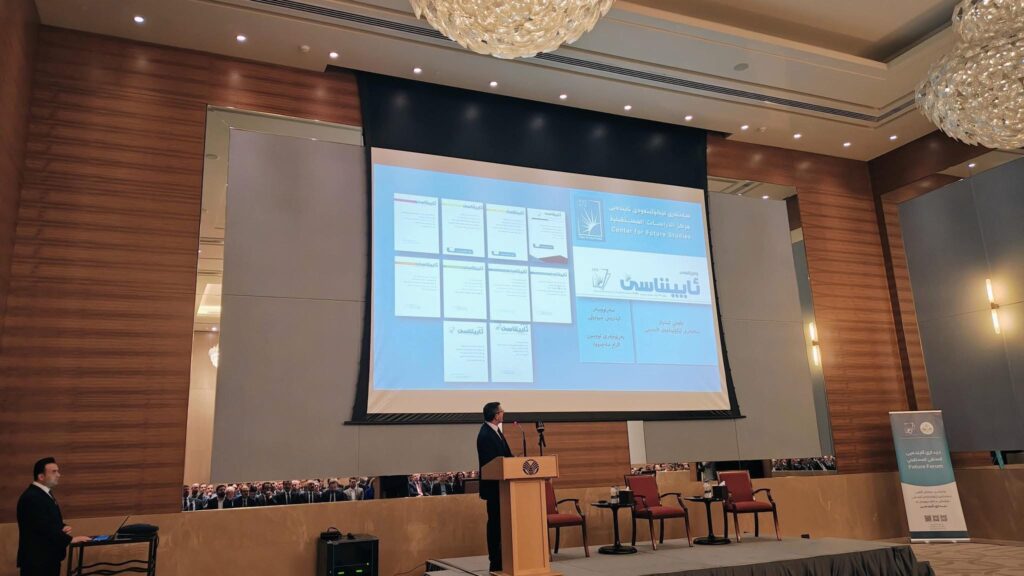
Regional Changes and Future Perspectives
The first panel, titled “Regional Developments and Future Perspectives,” featured Dr. Yousif Goran, Head of the Center for General Studies, alongside Altan Tan, a Kurdish politician from Northern Kurdistan (Turkey). Their discussion focused on two critical regional developments: the post-Assad landscape in Syria and the peace process in Turkey.
Dr. Hardi Mahdi Mika from the Center for Future Studies moderated this session, which examined potential scenarios for Syria following potential political changes and the implications of Turkey’s evolving approach to its Kurdish population. Panelists considered how these developments might create both opportunities and challenges for the Kurdistan Region.
The discussion highlighted the interconnected nature of developments across Kurdistan’s different parts and neighboring countries. Speakers emphasized that shifts in Syria’s governance could significantly impact Western Kurdistan (Rojava), while Turkey’s peace process carries profound implications for Northern Kurdistan and, by extension, for Kurdistan Region’s strategic position.
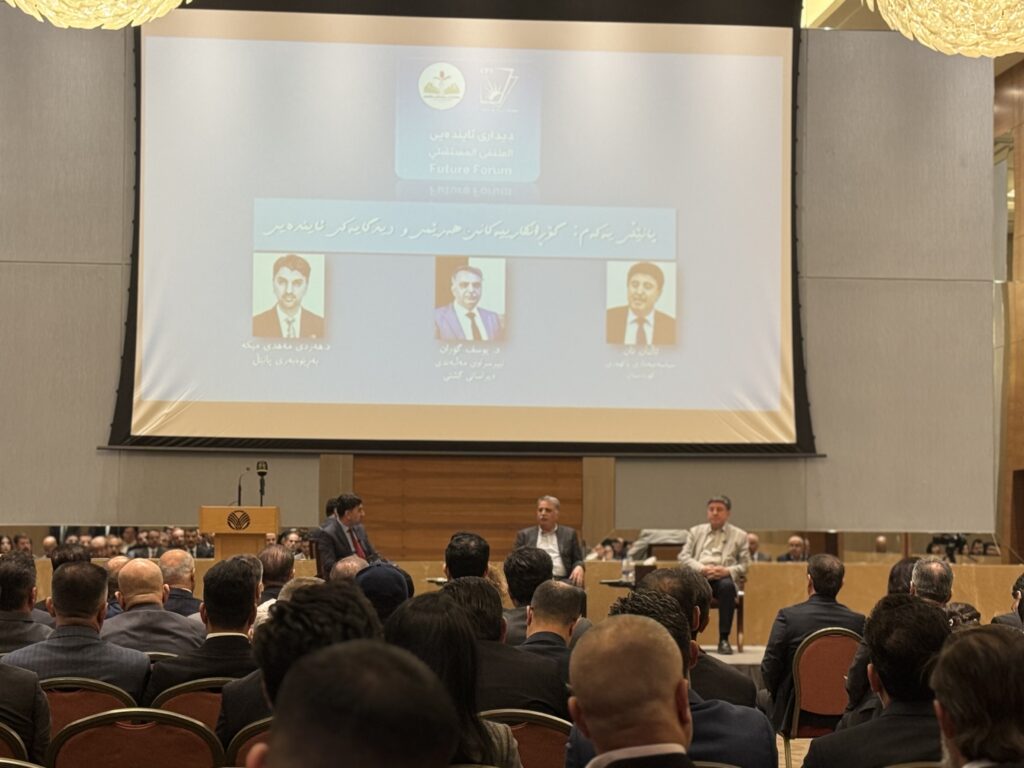
Academic Publications and Future Studies
The second panel shifted focus to academic publications, specifically discussing the “Future Readings” journal published by the Center for Future Studies. This segment highlighted the growing importance of formal research publications in shaping policy discussions in Kurdistan.
By showcasing their journal, the Center for Future Studies demonstrated its commitment to establishing rigorous academic standards for future-oriented research in Kurdistan. The panel emphasized the need for evidence-based approaches to policy formulation and the value of publishing structured analyses of emerging trends.
This focus on academic publications reflects a maturing research ecosystem in Kurdistan, where policy discussions are increasingly grounded in methodical analysis rather than purely political considerations. The journal serves as both a platform for Kurdish researchers and an entry point for international perspectives on Kurdistan’s future.
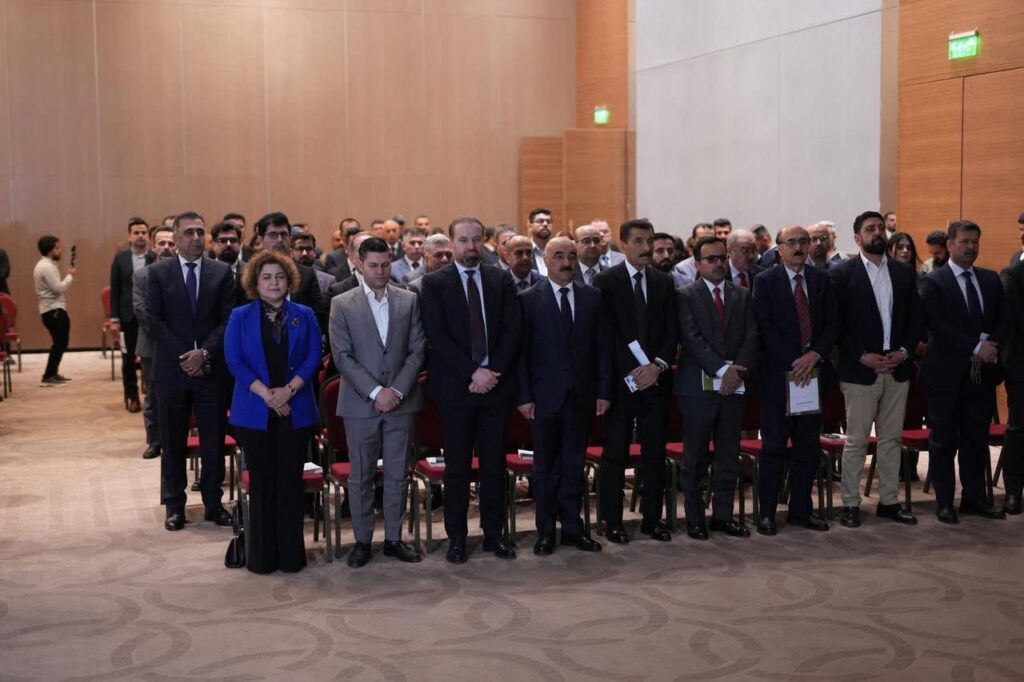
Building Regional Understanding
Throughout the forum, participants emphasized the need for Kurdish institutions to develop independent analytical capabilities to interpret regional developments. The discussions reflected a growing recognition that Kurdistan’s future is deeply intertwined with broader Middle Eastern dynamics, requiring sophisticated understanding of multiple overlapping conflicts and negotiations.
The event demonstrated that Kurdish political and academic institutions are increasingly investing in forward-looking analysis, moving beyond reactive positions to more proactive policy formulations. By bringing together diverse expertise, the forum created space for nuanced discussions about complex regional transformations.
The significance of discussing Iran-US negotiations alongside other regional developments highlighted Kurdistan’s position at the intersection of multiple geopolitical fault lines. Participants recognized that shifts in these major power relationships could create both vulnerabilities and opportunities for Kurdistan.
The forum represents an important step in Kurdistan’s evolving approach to regional politics—one increasingly characterized by institutional research capacity, academic publication, and multidisciplinary analysis. As regional dynamics continue to shift rapidly, such forward-looking discussions will prove essential for navigating Kurdistan’s complex geopolitical environment and securing its interests amid broader transformations in the Middle East political landscape.
